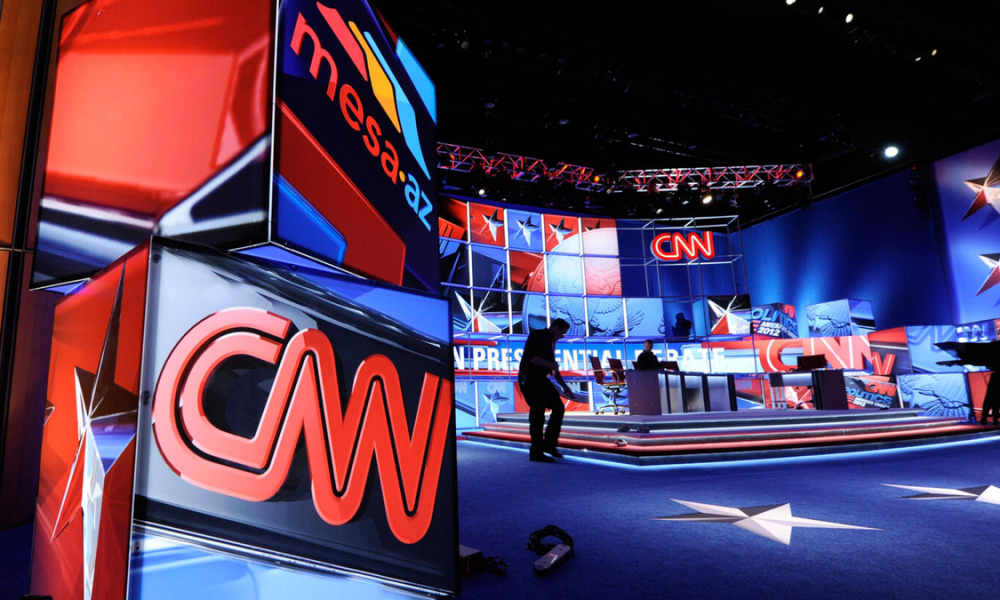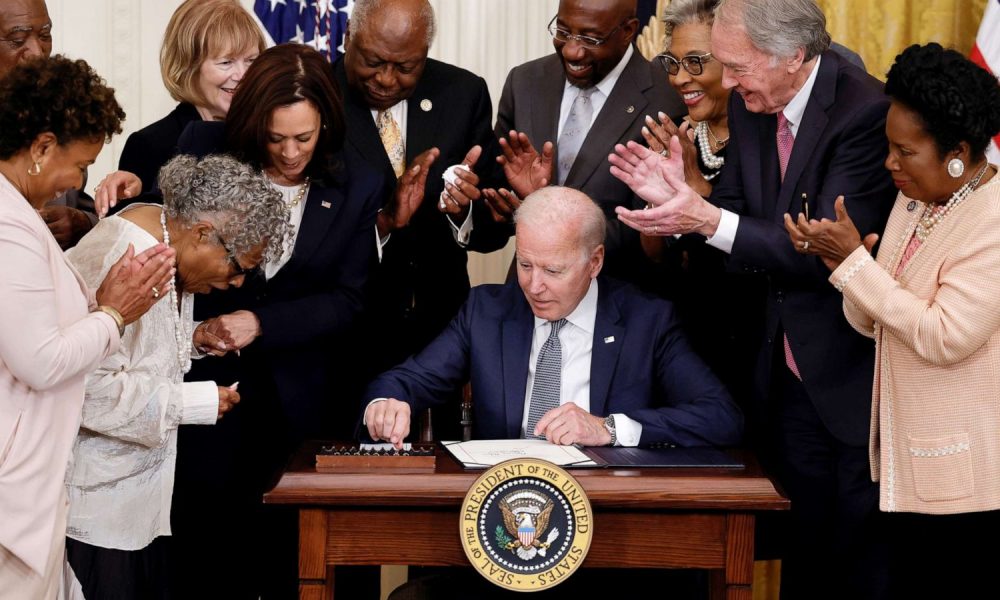Carolyn Sung, an Asian-American producer for CNN, was arrested on April 13 while covering the Brooklyn Center protests against the police’s killing of Daunte Wright. An officer proceeded to ask her if she spoke English while restraining her.
What We Know:
- Attorney Leita Walker of Ballard Spahr wrote a letter to Minnesota Gov. Tim Walz (D) explaining the law enforcement officers’ behaviors. She defends nearly 30 journalism and news associations. Walker detailed how police assaulted members of the press. This is where she discussed Sung’s arrest.
- In one instance, state troopers threw Sung to the ground while attempting to comply with a dispersal order on Tuesday. Police arrested Sung despite her showing credentials and identifying herself as a producer. She then informed the officers the zip ties on her wrist were too tight. After this, a policeman asked her about what language she spoke. She spoke only in English while speaking to the officer. Authorities also detained her male security agent but released him after he showed his credentials.
- The police sent Sung to Hennepin County Jail in a prisoner transport bus. Wright stated a female officer patted down and searched Sung. In addition, Sung was fingerprinted, electrically body-scanned, and put in an orange uniform. This happened before her attorneys could locate her and ensure her release, “a process that took more than two hours.”
- In the letter to Gov. Walz, Walker says the news organizations are “deeply troubled” by these occurrences. She cited the First Amendment in her letter to explain the journalists’ upsetness.
“The First Amendment is clear: journalists have a robust right of access to gather and report the news without fear of intrusion or interference by law enforcement,” Walker noted.
- Other members of the press faced similar treatments last Friday. According to the Huffington Post, police repeatedly hit New York Times photographer Joshua Rashaad McFadden. The authorities surrounded McFadden’s vehicle and even tried to break his camera. Officers also forced J.D. Duggan to the ground and pushed him onto his stomach. He told the Star Tribune that police are not supposed to arrest the media. In addition, officials pepper-sprayed, tackled, and hit Tim Evans in the face. Evans notified them of his journalist background, but the police ignored him.
- After a meeting with law enforcement, news organizations, and other stakeholders, Walz made a public response on Twitter. He scorned the officers’ behaviors, declaring that reporters “worked tirelessly” throughout the “tumultuous” year to inform Minnesotans. In another tweet, he expressed that officers must allow journalists to cover protests and civil unrest safely. He informed his followers that he directed his law enforcement partners to make changes. He wants the police to ensure “journalists do not face barriers to doing their jobs.” Walz also shared a link to a Star Tribune article about his interview on the situation. The report also has coverage of more journalists’ experiences.
Minnesota leaders took the initiative in guaranteeing this won’t happen again. On Friday, a U.S. District Court judge issued a temporary restraining order. It prevents police from arresting, threatening to arrest, or using physical force against members of the press. After this decision and Walz’s response, the Minnesota State Patrol announced in a press release they will exempt the media from dispersal orders. They also banned the use of chemical sprays on them.



